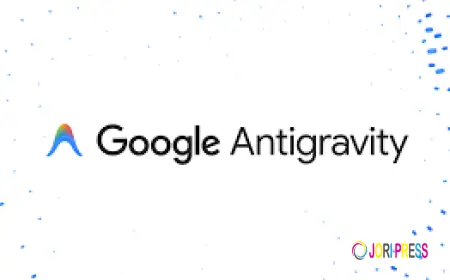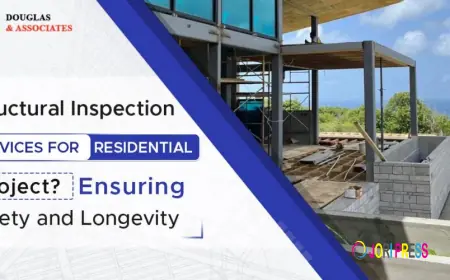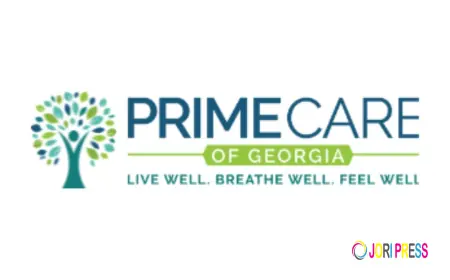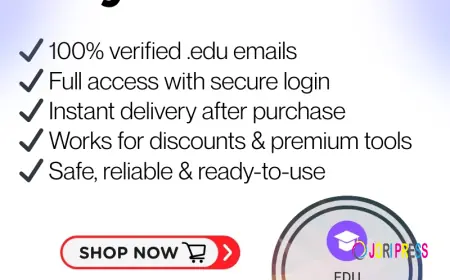How Do Real Estate Tokenization Platforms Ensure Security and Transparency?
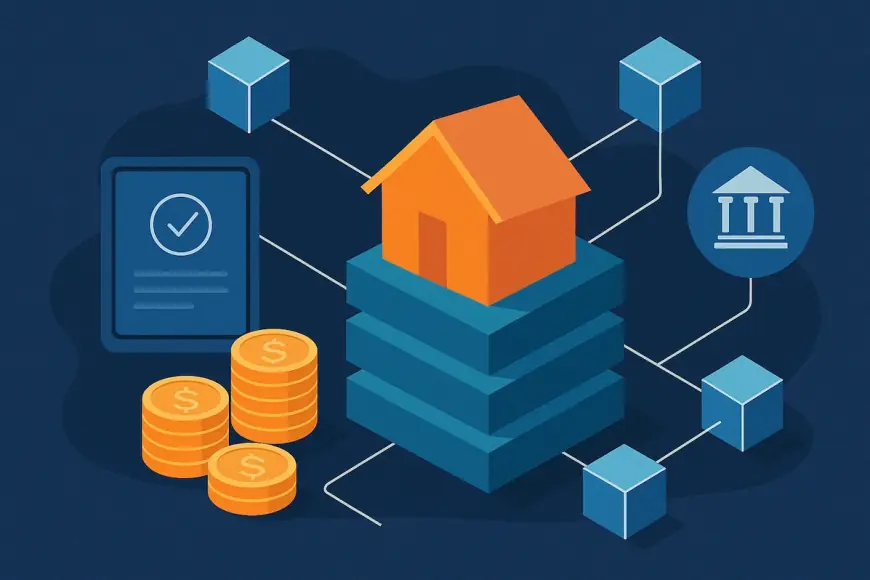
The advent of blockchain technology has revolutionized various industries, and real estate is no exception. Real estate tokenization platforms leverage blockchain to transform traditional property investment by enhancing security, transparency, and accessibility. This comprehensive guide delves into how these platforms ensure robust security and transparency, fostering a trustworthy environment for investors and stakeholders.
Understanding Real Estate Tokenization
Real estate tokenization involves converting ownership of real estate assets into digital tokens on a blockchain. Each token represents a share of the property, allowing investors to buy, sell, or trade fractional ownership. This process democratizes access to real estate investments, enabling participation from a global pool of investors. Fractional ownership lowers entry barriers, allowing smaller investors to participate while providing liquidity in traditionally illiquid markets. Tokenization also streamlines administrative processes like record-keeping, rent distribution, and property management, which further enhances transparency and efficiency. Furthermore, tokenization encourages a more diversified investment strategy as investors can hold fractions of multiple properties across regions and asset types, reducing overall risk exposure.
Blockchain Technology: The Backbone of Security and Transparency
Immutable Ledger
Blockchain's decentralized and immutable nature ensures that once data is recorded, it cannot be altered or deleted. This feature guarantees that all transactions and ownership records are permanent and tamper-proof, significantly reducing the risk of fraud and unauthorized modifications. By maintaining a verifiable history of transactions, platforms allow stakeholders to track ownership changes and property-related activities in real-time, providing confidence in the integrity of the system. In addition, some platforms integrate advanced encryption algorithms and timestamping protocols, which provide an additional layer of security against tampering and cyberattacks.
Decentralization
By distributing data across a network of nodes, blockchain eliminates the need for a central authority. This decentralization enhances security by making it challenging for malicious actors to compromise the system, as altering data would require consensus from the majority of the network. It also ensures that no single point of failure exists, protecting sensitive investor and asset information. Decentralization also fosters transparency, as all participants in the network can view transaction history and ownership records, enhancing trust across the ecosystem.
Transparency
All transactions on a blockchain are visible to all participants and can be audited in real-time. This transparency ensures that investors have access to accurate and up-to-date information, fostering trust and accountability within the ecosystem. Some platforms even allow token holders to participate in governance decisions, such as voting on property management strategies or investment proposals, which further strengthens transparency. In addition, tokenization allows investors to verify all financial activities, from rental income collection to maintenance expenses, providing a full financial audit trail.
Smart Contracts: Automating and Securing Transactions
Definition and Functionality
Smart contracts are self-executing contracts with the terms of the agreement directly written into code. They automatically execute actions when predefined conditions are met, such as transferring ownership or distributing rental income. This automation minimizes human error, reduces operational costs, and eliminates the need for intermediaries, accelerating transaction times and enhancing efficiency.
Security Features
Smart contracts operate on the blockchain, inheriting its security features. Once deployed, they are immutable and cannot be altered without consensus, ensuring that the agreed-upon terms are enforced consistently. Some platforms implement formal verification techniques and third-party audits to review smart contract code before deployment, reducing vulnerabilities that could be exploited by attackers.
Transparency and Auditability
The code and execution of smart contracts are transparent and can be audited by any participant. Investors can verify the contract's logic to ensure it aligns with their expectations, reducing the risk of disputes. Platforms often provide dashboards and detailed logs for tokenized assets, enabling investors to track distributions, property income, and transaction history in real-time.
Tokenization Platforms: Facilitating Secure and Transparent Investments
Role of Tokenization Platforms
Tokenization platforms act as intermediaries that facilitate the conversion of real estate assets into digital tokens. They handle the legal, technical, and operational aspects of tokenization, ensuring compliance with regulations and providing a user-friendly interface for investors. Many platforms also offer educational resources, helping investors understand the risks and benefits of tokenized real estate, and providing tutorials on wallet usage, transaction execution, and portfolio diversification.
Security Measures Implemented by Platforms
Platforms adopt several measures to protect investors, including:
-
KYC/AML Compliance: Platforms verify investor identities to prevent fraud and illegal activities.
-
Multi-Signature Wallets: Transactions require multiple approvals, reducing the risk of unauthorized access.
-
Cold Storage: Funds are stored offline to protect against cyber threats.
-
Regular Audits: Security audits and penetration tests identify and mitigate vulnerabilities proactively.
-
Encryption Protocols: End-to-end encryption ensures secure communication between investors and platforms.
-
Blockchain Interoperability: Some platforms integrate cross-chain technology, enabling tokens to operate securely across multiple blockchains, increasing liquidity and flexibility.
Transparency Features
-
Real-Time Data Access: Investors can monitor property performance, token transactions, and market trends.
-
Public Audits: Platforms provide audit trails and financial reports for verification.
-
Open-Source Code: Some platforms allow public code reviews, fostering community trust.
-
Governance Participation: Token holders can engage in decision-making, further enhancing transparency.
-
Investor Dashboards: Sophisticated dashboards provide granular insights into tokenized assets, including maintenance costs, occupancy rates, and rental yields.
Legal and Regulatory Compliance
Adherence to Securities Laws
Tokenized real estate assets are often classified as securities. Platforms ensure compliance with securities laws by registering tokens with appropriate regulatory bodies and adhering to disclosure requirements. This legal oversight protects investors and legitimizes the platform's operations.
Jurisdictional Considerations
Given the global nature of tokenization, platforms navigate international regulations to ensure offerings comply with regional laws. Jurisdiction-specific measures prevent legal complications and enable seamless cross-border investment.
Investor Protection Mechanisms
Platforms establish mechanisms like dispute resolution, insurance coverage, and transparent terms of service to protect investors. These safeguards increase confidence and encourage broader participation. Additionally, platforms are increasingly leveraging insurance protocols to cover smart contract failures or cybersecurity breaches, providing an extra layer of security for token holders.
Benefits of Fractional Ownership and Liquidity
Real estate tokenization enables fractional ownership, allowing investors to own small portions of high-value properties. This lowers entry barriers, diversifies portfolios, and makes real estate accessible to a broader audience. Tokenization also enhances liquidity, as investors can trade tokens on secondary markets, enabling faster capital movement compared to traditional real estate investments. The ability to liquidate fractional ownership at any time offers unprecedented flexibility and democratizes access to high-value properties previously limited to institutional investors.
Case Studies: Real-World Applications
Propy
Propy is a blockchain-based platform facilitating international property transactions. It uses smart contracts to automate title transfers and payments, ensuring secure, transparent operations.
RealT
RealT offers fractional ownership of U.S. properties. Investors receive real-time rental income distributions and can track property performance, enhancing transparency and trust.
DAMAC and MANTRA Partnership
Dubai's DAMAC Group partnered with MANTRA to tokenize $1 billion worth of real estate assets. This collaboration increases liquidity and transparency in the Middle Eastern real estate market.
Emerging Trends in Real Estate Tokenization
Cross-Chain Tokenization
Platforms are exploring cross-chain interoperability, allowing real estate tokens to operate across multiple blockchain networks. This trend increases liquidity, reduces transaction costs, and enhances accessibility for global investors.
AI-Driven Analytics
Artificial intelligence is being integrated into platforms to provide predictive insights, automated property valuations, and risk assessments. This enhances transparency by offering data-backed decision-making tools for investors.
Sustainable and Green Real Estate
Tokenization is enabling investments in environmentally sustainable properties. Transparent reporting on energy efficiency, carbon footprints, and ESG metrics is becoming an integral part of tokenized real estate, appealing to socially conscious investors.
Future Outlook
Blockchain adoption in real estate is set to expand with advancements in interoperability, scalability, and regulatory clarity. Emerging technologies like AI-driven property valuation, cross-chain tokenization, and ESG reporting will further enhance transparency and operational efficiency. Tokenization platforms are becoming pivotal in shaping a secure, transparent, and inclusive property investment ecosystem, offering opportunities for both small and large investors worldwide.
Conclusion
Real estate tokenization platforms are transforming property investment through blockchain-based security and transparency. Immutable ledgers, smart contracts, stringent compliance measures, investor education, and emerging technologies collectively create a trustworthy environment for investors. As technology and regulations evolve, these platforms will continue to offer secure, transparent, and accessible opportunities, redefining the future of real estate investment.
What's Your Reaction?
 Like
0
Like
0
 Dislike
0
Dislike
0
 Love
0
Love
0
 Funny
0
Funny
0
 Angry
0
Angry
0
 Sad
0
Sad
0
 Wow
0
Wow
0


